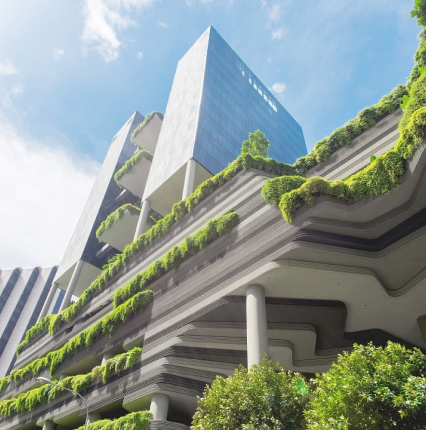According to the definition provided in ISO 14040, “LCA studies the environmental aspects and potential impacts throughout a product’s life cycle (i.e. cradle-to-grave) from raw materials acquisition through production, use and disposal. The general categories of environmental impacts needing consideration include resource use, human health, and ecological consequences.” Life cycle assessment is the industry standard for evaluating and quantifying the environmental aspects associated with a product over its life cycle. It is often used for:
- Comparative analysis of the environmental performance of different life cycle stages as percentage of total environmental load of a product in order to identify improvement opportunities
- Comparison between the environmental performance of different products
Standardized procedures for conducting LCAs are included in the 14000 series of environmental management standards of the International Organization for Standardization (ISO). These include ISO 14040 (providing the ‘principles and framework’ of the Standard) and ISO 14044 (providing an outline of the ‘requirements and guidelines’).
AEE is specialized in delivering LCA assessing the performance of new construction projects focusing on the following aspects:
- Construction design option studies comparing embodied energy in different design proposals
- Compare alternative supply chains for material delivery
- Quantify impact categories including:
- 4.1 Global warming potential (greenhouse gases), in CO2e
- 4.2 Depletion of the stratospheric ozone layer, in kg CFC-11
- 4.3 Acidification of land and water sources, in moles H+ or kg SO2
- 4.4 Eutrophication, in kg nitrogen or kg phosphate
- 4.5 Formation of tropospheric ozone, in kg NOx or kg ethene
- 4.6 Depletion of non-renewable energy resources, in MJ
